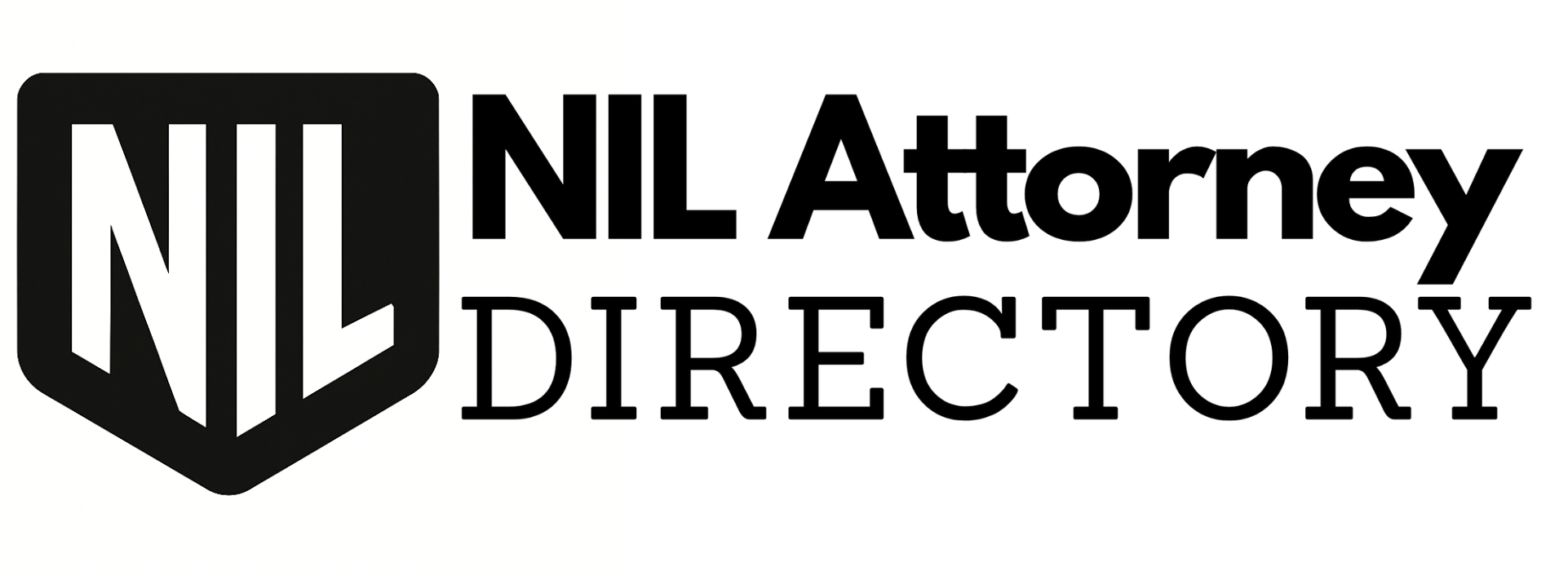Warning signs an attorney can help you identify
NIL contracts can be life-changing opportunities, but they’re also legal documents—often written to favor the brand or collective, not the athlete. Buried in the fine print are clauses that can cost you money, limit your opportunities, or even threaten your eligibility.
That’s why working with an NIL attorney is essential. Here are the biggest red flags to watch out for before signing any NIL agreement.
1. Vague Payment Terms
Red flag: The contract doesn’t clearly state how much you’ll be paid, when payments will be made, or what triggers payment.
Why it’s a problem: Without specifics, brands can delay, reduce, or withhold compensation.
How attorneys help: They tighten language with firm amounts, deadlines, and late-payment penalties.
2. Unlimited or Perpetual Usage Rights
Red flag: The company can use your name, image, and likeness “in any form, forever, worldwide.”
Why it’s a problem: You may unintentionally give away lifelong rights for a short-term deal.
How attorneys help: They narrow usage by timeframe, geography, and media type, ensuring you keep control over your personal brand.
3. Overly Broad Exclusivity Clauses
Red flag: The contract prohibits you from working with any “competitors”—sometimes across huge categories.
Why it’s a problem: You could lose out on future deals, even in unrelated industries.
How attorneys help: They negotiate exclusivity to be limited, short-term, and compensated fairly.
4. One-Sided Termination Clauses
Red flag: The brand can cancel the contract at any time, but you’re locked in with no way out.
Why it’s a problem: If the partnership sours—or the brand faces its own scandal—you could be stuck.
How attorneys help: They balance termination rights, adding fair exit options for athletes and protections for unpaid work.
5. Broad Morals Clauses
Red flag: Contracts that let companies cancel based on vague terms like “unacceptable behavior” or “bringing disrepute.”
Why it’s a problem: These clauses can be used against you unfairly, even for minor mistakes or subjective opinions.
How attorneys help: They define “morals” more narrowly, set objective standards, and ensure clauses apply equally to both parties.
6. Lack of Compliance Language
Red flag: No mention of NCAA, school, or state NIL laws in the contract.
Why it’s a problem: Non-compliant contracts can jeopardize your eligibility.
How attorneys help: They add compliance provisions and ensure disclosure requirements are built in.
7. Hidden Fees or Expense Shifting
Red flag: You’re responsible for covering the company’s marketing costs, travel, or production expenses.
Why it’s a problem: These costs can eat into your earnings, leaving you with little or no profit.
How attorneys help: They eliminate unfair expense clauses or cap reimbursements.
8. No Dispute Resolution Terms
Red flag: The contract doesn’t explain how disputes will be handled.
Why it’s a problem: Without clarity, you could be dragged into lengthy and expensive litigation.
How attorneys help: They add dispute resolution clauses (negotiation, mediation, arbitration) that protect your time and money.
Final Takeaway
NIL contracts are powerful tools—but they’re also full of traps if you don’t know what to look for. Vague payments, unlimited usage rights, unfair termination, and broad morals clauses are just a few of the red flags that can derail your NIL journey.
An experienced NIL attorney spots these issues before you sign and makes sure every deal is clear, fair, and enforceable.
At www.NILAttorneyDirectory.com, we connect athletes and families with attorneys who specialize in NIL contracts—so you can focus on your game while your legal team protects your future.
